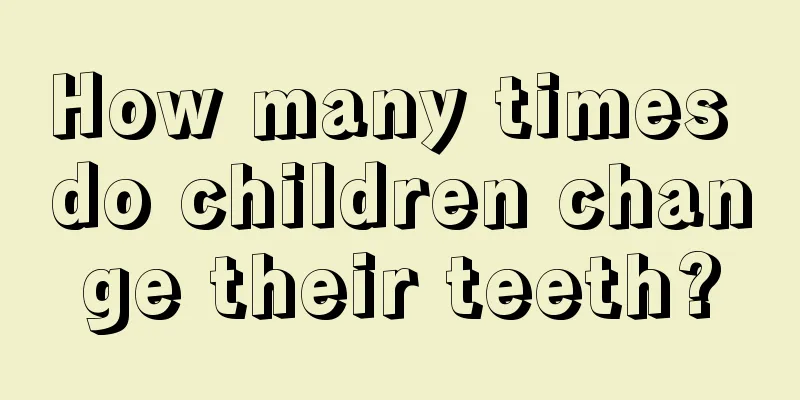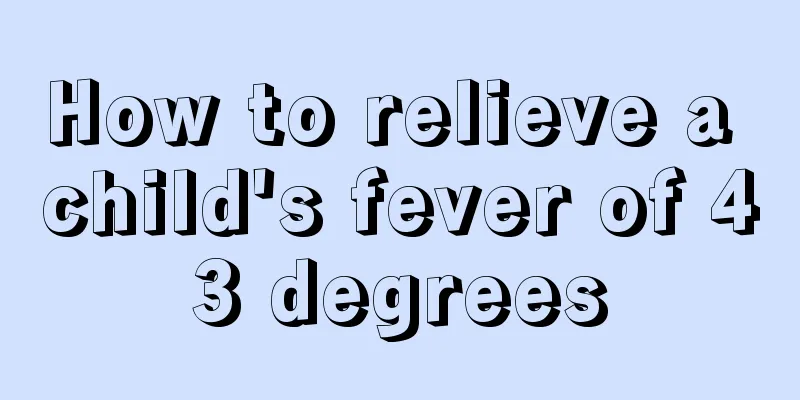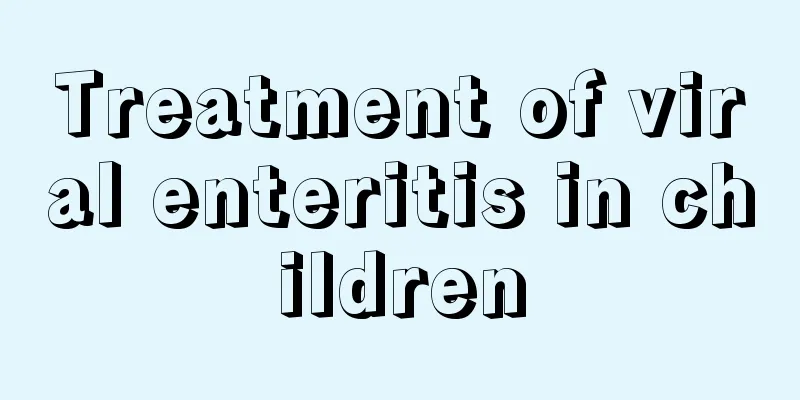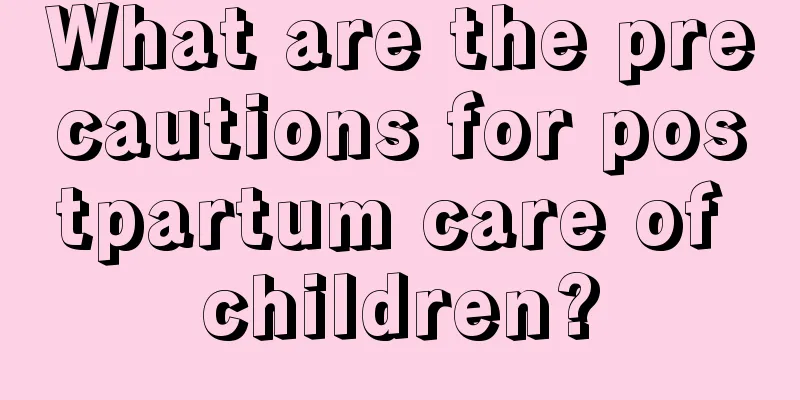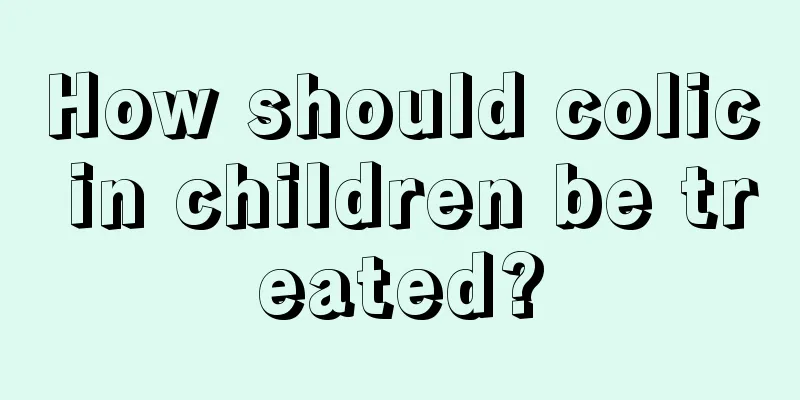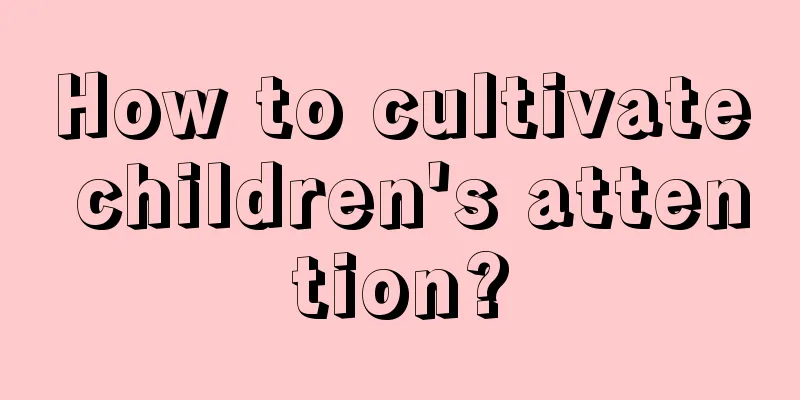Causes of a fast heart rate in children
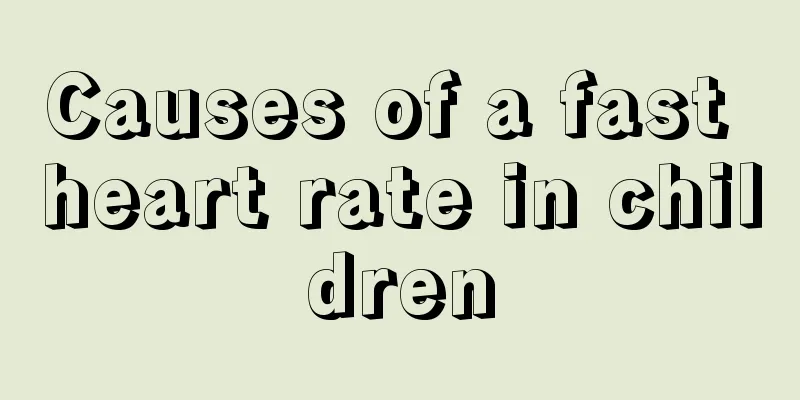
|
Children's heart rates are faster than adults. This is because their hearts are smaller and need to beat more often to pump blood throughout the body. Unlike adults, children's hearts are more fragile and their hearts have a weak ability to withstand external stimulation. Some children are born with bad hearts, while others have healthy hearts. So what causes children's fast heart rate? Causes of a fast heart rate in children
(1) Physiological: Physiological tachycardia usually occurs in infancy and childhood, and some patients with ventricular tachycardia do not have organic heart disease or other systemic diseases. It usually occurs during exercise. (2) Heart disease: Heart disease is the main cause of a rapid heart rate in children. Common causes include viral myocarditis, congenital heart disease, and heart surgery and postoperative heart disease. Cardiomyopathy and cardiac tumors are also common causes. (3) Systemic diseases: Some systemic diseases can also cause children's heart rate to be too fast, such as severe hypoxia, asphyxia, SLE and severe infection, which may cause ventricular tachycardia after myocardial damage. (4) Electrolyte imbalance and acid-base imbalance: Hypokalemia, hypocalcemia, and hypomagnesemia caused by various reasons are common causes of rapid heart rate. (5) Effects of drugs and poisons: Some drugs and toxic substances can also cause children's heart rate to be too fast, such as digitalis, various antiarrhythmic drugs, etc. There are also some drug poisoning or allergies, which can cause children's heart rate to be too fast. For infants under one year old, the normal heart rate is between 110-120 beats per minute. For children aged 2 to 10 years old, the normal heart rate is between 80 and 120 beats per minute. A heart rate exceeding this range is called tachycardia in children. Including sinus tachycardia, as well as some supraventricular tachycardia and ventricular tachycardia. Children's sinus tachycardia is mostly caused by excessive excitement of the sympathetic nerves, such as crying, poor sleep, and activity, and does not require treatment at this time. Diseases such as fever, hyperthyroidism, and anemia can also cause tachycardia, which is pathological sinus tachycardia and requires treatment. There is also supraventricular tachycardia, which requires symptomatic treatment. For a normal child under 2 years old, the heart rate should not exceed 130 beats. If it remains above 150 beats for a long time, it means that the heart rate is still relatively fast, and appropriate examinations are needed to diagnose this situation. First of all, the problem of myocarditis should be considered. You can review whether there is a history of upper respiratory tract infection or intestinal inflammation in the past 3 weeks or so, and then check the myocardial enzyme spectrum. |
<<: What causes testicular pain in boys?
>>: Is 363 degrees normal for a child?
Recommend
How to treat papular dermatitis in children?
Many mothers have had this experience: when their...
How to treat a 6-month-old baby's cough?
Some babies suffer from certain serious diseases ...
What causes seizures in children?
Convulsions in children are a relatively common e...
Prevention of children's diseases in autumn
In autumn, the temperature difference between day...
How to determine whether a baby is anemic
We all know that newborn babies are weak, and man...
What should I do if my two-month-old baby has diarrhea?
Many babies are prone to diarrhea during their tw...
Child fell off the bed
Almost all babies often fall down, but the most m...
How many days does it usually take to be discharged from hospital for jaundice?
Neonatal jaundice is sometimes very mild and will...
What to do if your four-year-old baby is anemic
Regarding the situation of anemia in four-year-ol...
One-year-old baby's teeth are corroded and have pits
Babies are of great concern to parents, because a...
Is it normal for a nine month old baby to drool?
Female comrades who have become mothers will unde...
What causes a child to sneeze and have a runny nose?
The symptoms that children usually have often mak...
What should I do if my child has a fever of 396 degrees?
It is very common for children to have a fever in...
What kind of milk powder should a one-year-old baby eat if he has a bad stomach?
One-year-old babies are in a critical period of p...
How often does a newborn need to be bathed?
The moment the child is born, the child's par...
